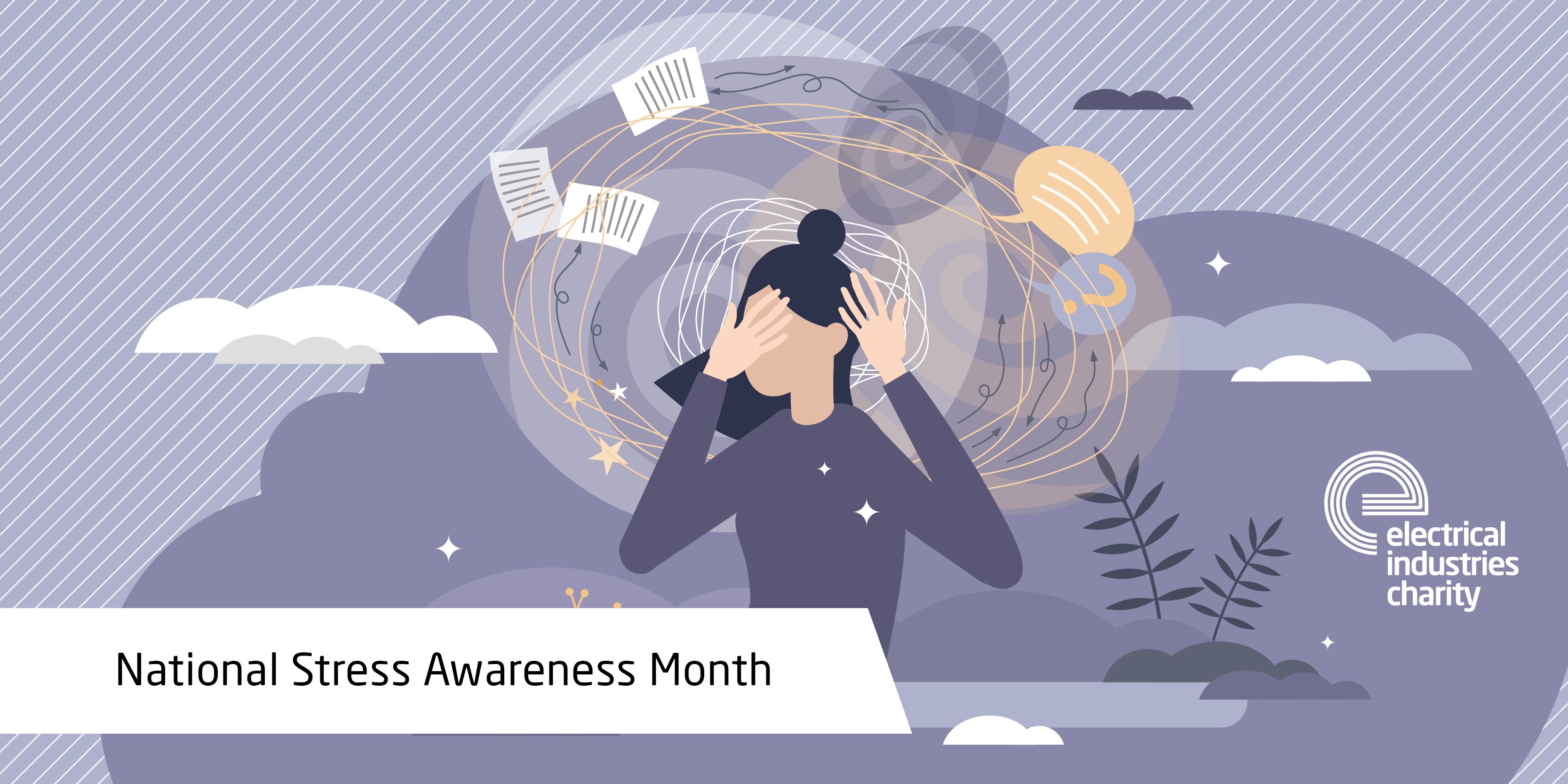Let’s talk about stress and anxiety, what the signs are and what a person might experience. If we recognise the signs early, we can work to try and combat it to prevent it from spiraling further.
Stress vs Anxiety: The Signs and Symptoms
What are the signs of stress?
Stress can result in mood changes, irritability and sometimes anger. You may notice that a person has become short tempered and snappy, and this is different to how they usually are. Other people who are stressed may describe feeling generally unhappy and can’t quite pinpoint why or it could be a feeling of being completely overwhelmed. This can result in anxious and racing thoughts. It’s important to remember that these signs occur in response to a stressful situation, and they tend to lessen when the stressor is removed or resolved.
What are the signs of anxiety?
Anxiety is a general sense of apprehension or worry which occurs on a regular basis when a specific trigger can’t be recognized. This can result in people experiencing constant racing thoughts which can interfere with their ability to concentrate during the day, or even fall asleep at night.
People experiencing anxiety may notice physical symptoms such as restlessness, fidgeting, muscle tension especially in the neck, back and shoulders. Some people experience tension headaches, teeth grinding and trembling. Other distressing symptoms of anxiety include feeling hot, sweating, palpitations (a racing heartbeat) and rapid shallow breathing or panic attacks. If the anxiety is extremely severe people might experience feelings of dizziness or notice that they have an extremely dry mouth. Other people may feel sick, and this could result in vomiting or pains in the stomach. Occasionally severe anxiety can result in hot or cold flushes, and a tingling, or pins-and-needles feeling in a person's hands or feet.
The signs and symptoms of stress and anxiety can be extremely distressing and have the potential to cause significant disruption to a person's personal, social and work life. People experiencing anxiety describe feeling as if they have no quality of life, and this is completely understandable.
What can I do to help manage stress or anxiety?
There are lots of things that you can do if you’re feeling stressed (stressed) or anxious to help ease the symptoms. A good starting point is to to follow a balanced, nutritious, and healthy diet, keep hydrated, avoid caffeine and alcohol and do regular exercise, like going for a walk. Sleep is important for helping to manage stress and anxiety. Most of us have experienced times when we have not had enough sleep, and the following day we may have noticed higher levels of stress and even some signs of anxiety. You could also try some relaxation techniques such as mindfulness, meditation, yoga or simply taking a bath.
It may be tempting to withdraw and self-isolate when experiencing stress and anxiety. However, social interaction is a key part of protecting our sense of wellbeing and if you have a support network, lean on them when times get tough. It’s nothing to be ashamed of and most people experience stress and anxiety, so talking about it can really help.
What should I do if this isn’t enough to reduce my symptoms of stress/anxiety?
If you have noticed that yourself or your loved one are displaying persistent signs of stress or anxiety, it’s important to seek help as early as possible. The Electrical Industries Charity can offer prompt support and can put you in touch with a suitably qualified and experienced mental health professional.
Need support? We're here to help.
Email: This email address is being protected from spambots. You need JavaScript enabled to view it.
Call our helpline: 0800 652 1618 open: Mon – Fri 8:00 AM – 8:00 PM Sat 8:00 AM – 1:00 PM
Dr. Dipesh Mistry
Telephone: 0207 935 0207
Email: This email address is being protected from spambots. You need JavaScript enabled to view it.
Written in collaboration with Dr. Dipesh Mistry.
